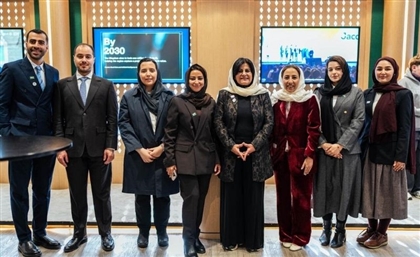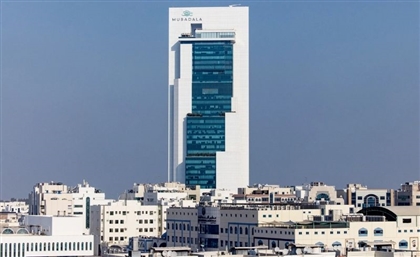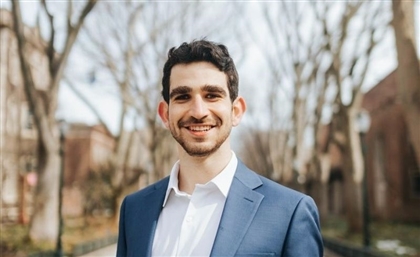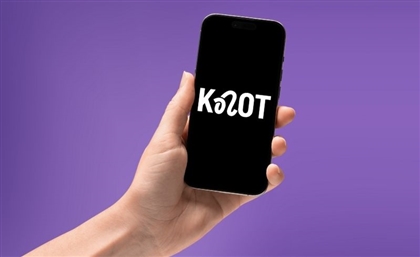Meet the 3 Middle Eastern Nominees for the Cartier Women's Initiative Award
Cartier Women’s Initiative Awards has just announced their nominees for their 2018 edition, including three changemakers from Egypt, Lebanon and Jordan.
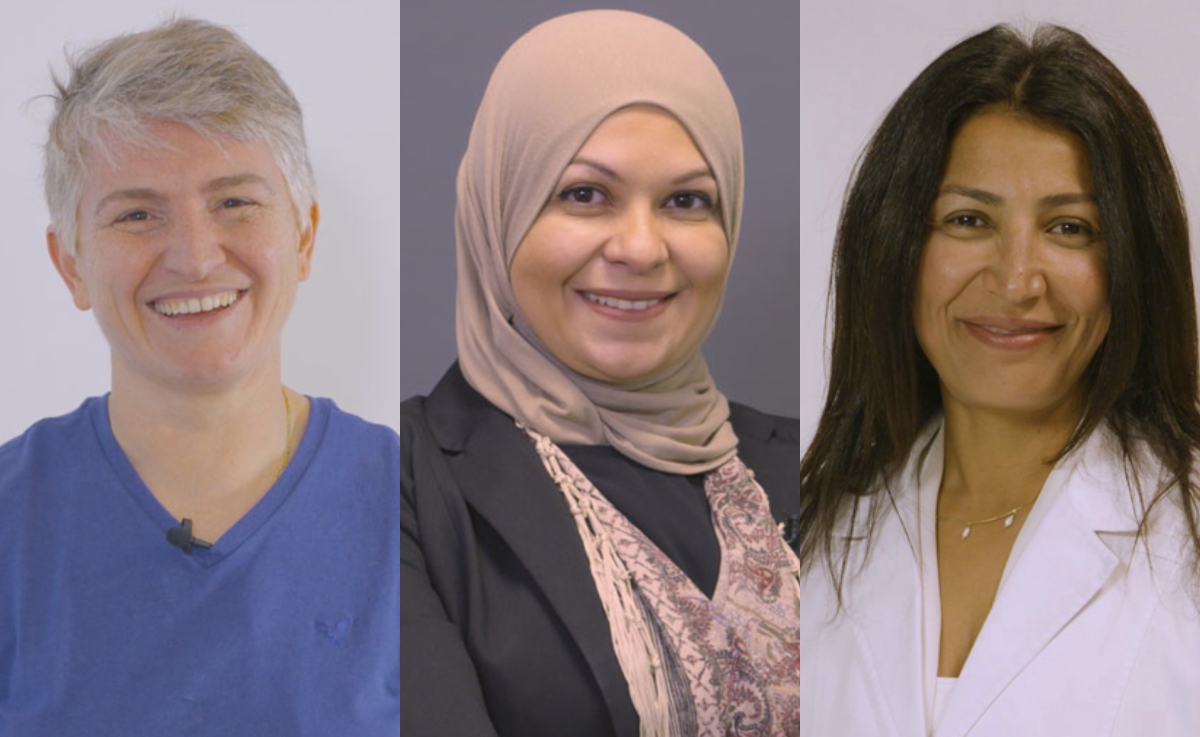
Smashing down barriers while shattering the glass ceiling all at once, MENA-based entrepreneurs Noha Khater, Siroun Shamigian, and Hanan Khader have just been nominated for the Cartier Women's Initiative Awards 2018. Created in 2006, the initiative is an international business plan competition in partnership with Cartier, McKinsey & Company and INSEAD Business School, to identify and support women entrepreneurs around the world. Who are the MENA's boldest changemakers? Amongst over 2,800 entrepreneurs from 130 countries breaking ground in science, education, and entrepreneurship, these three Middle Eastern lady bosses made the cut:
Noha Khater, Egypt

An Endeavor Entrepreneur and co-founder of Almouneer Diabetic Eye Care Center, Noha Khater was selected for her work in providing accessible healthcare to diabetic patients in Egypt facing retinal problems. As a practicing ophthalmologist over the past 13 years, Noha saw the dire need for specialized eye care of diabetic patients and began working on an innovative business model with a fully integrated digital system that can track the medical records of diabetic patients, also in effort to spark a nationwide service in diabetic retinal care.
“The human and social factors are important to me as I want to impact people’s lives,” said Noha to Cartier Women’s Initiative. In 2014, Noha’s vision came to life after partnering with co-founder Rania Kadry to launch Almouneer as Egypt’s first Diabetic Eye Care Center and the first digitally based healthcare provider. Offering a full detection, treatment and protection program, Almouneer expanded its operations to three more centers in Cairo and served over 20,000 patients from across Egypt, Sudan, Libya, Yemen and Ghana.
Alongside her entrepreneurial and medical work in Almouneer, Noha also launched Control, an NGO dedicated to the education on retinal problems for diabetic patients by raising awareness on the hazards of diabetes to improve patients’ livelihood, providing accessible healthcare services and funding research on diabetes for adults and children.
Siroun Shamigian, Lebanon 
Together with her co-founder, Lebanese entrepreneur Siroun Shamigian founded Kamkalima, an online platform that uses smart tech and data analytics to help children learn Arabic. “I knew teachers were struggling with the lack of up-to-date teaching tools for the Arabic language, so we created a web-based platform that delivers an engaging learning experience that benefits both teacher and student.” she tells Cartier.
The programme also provides visual cues, known as “intellitips”, catering to pupils with learning difficulties. In its first year, Kamkalima has reached 12,000 students in 35 schools across two countries, and is now aiming to massively grow the impact, reaching as much as 50 million students across 138,000 schools in 17 Arabic speaking countries.
Siroun’s family were initially worried about her decision to give up a steady and secure job to venture into business, but her greatest obstacle to overcome was her own sense of guilt: “As women, we are good at finding things to feel guilty about. But I believe there are no bad decisions in life. There are only decisions taken,and it is up to us to make them turn out well," she said speaking to the initiative.
Hanan Khader, Jordan
Founded in 2015, Khader's online platform, Hello World Kids, teaches children and teenagers coding, and has managed to garner the attention of eight private schools which subscribed to the programme. In the past two years, 5,000 children in Jordan and Lebanon have learned coding through the curriculum that Hanan conceived; and through the integration of Hello World Kids’ coding programme into the curriculum of public schools, she managed to impact 33,000 Jordanian kids.
Becoming part of the national curriculum was no easy feat for Hanan, she admits. “Firstly, I had to convince everyone why coding was necessary, and then I had to explain how my programme could help. Most importantly I had to teach the teachers how to teach.” Within the next year, Khader plans to launch the Hello World Kids online platform to allow the business to expand rapidly and educate children on a global scale.
Designed to keep students motivated and engaged, the online platform will enable schools and parents to subscribe online, and get access to our digital interactive curriculum, including exercises and collaborations.
To learn more about the prize, visit their website here.
Trending This Month
-
Jan 19, 2026



